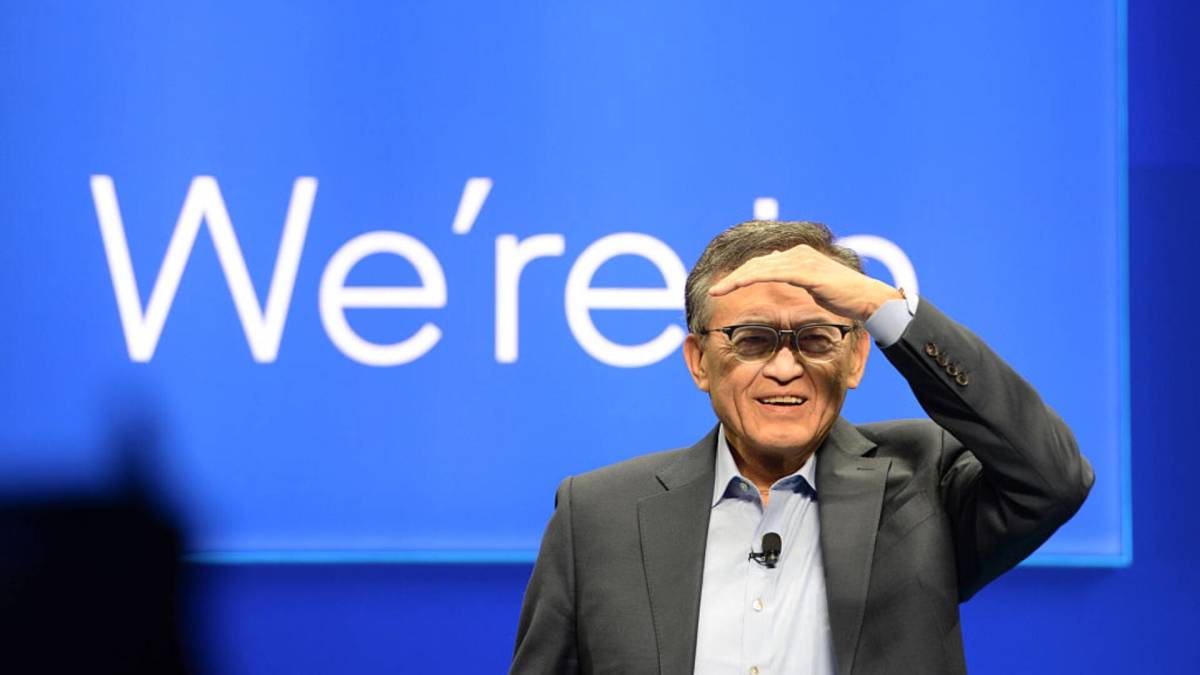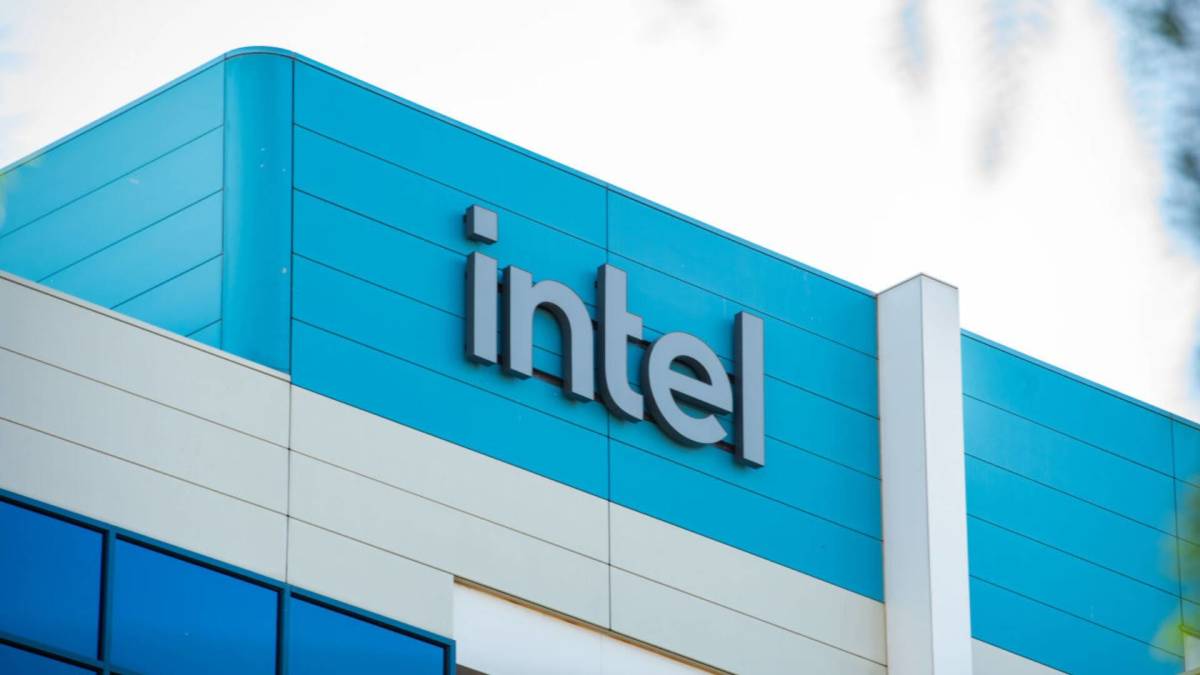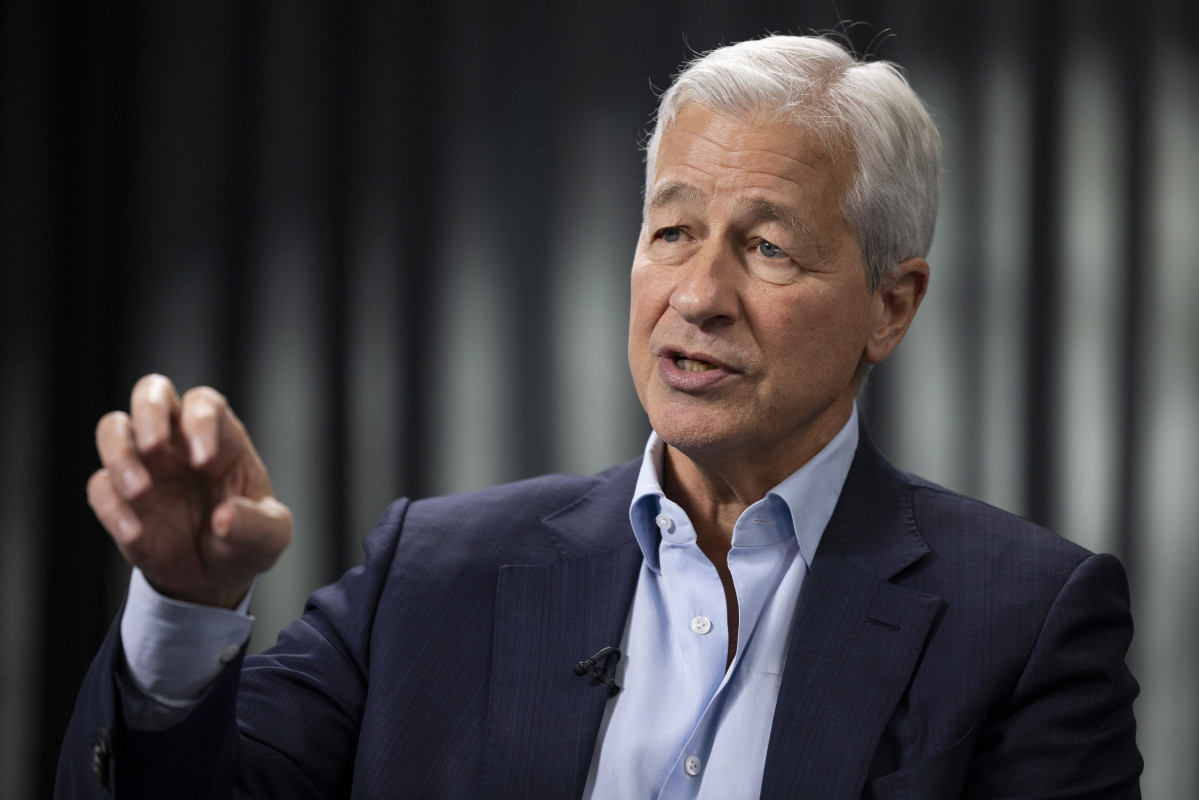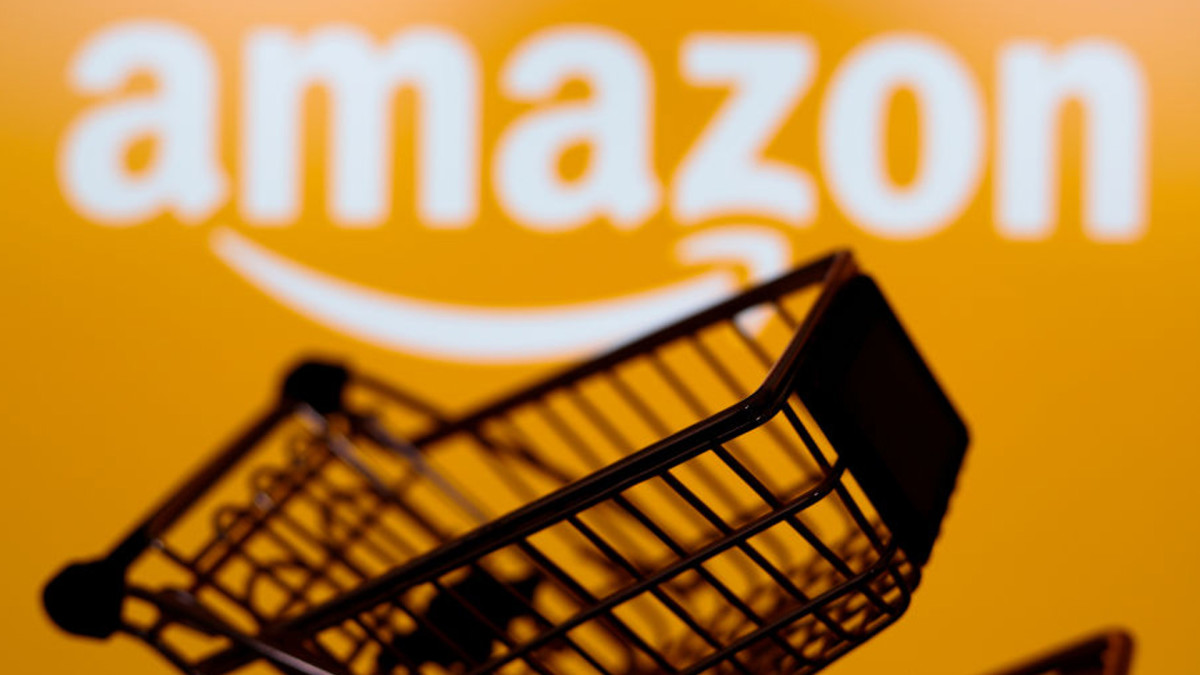Taiwan Semi sends crucial message on Intel deal
The company released a statement to address the rumors.

Intel's Lip-Bu Tan has had a challenging six months since he was appointed CEO. He has managed to weather the storm of being called out by President Doland Trump and securing investments from the U.S. government.
Tan also secured investments from SoftBank and Nvidia in Intel, totaling $7 billion.
His latest negotiations are rumored to be with Apple. According to Bloomberg sources, in addition to asking for investment, Tan is discussing how the two companies can better collaborate.
Working closely together can only refer to trying to convince Apple to switch from using Taiwan Semiconductor Manufacturing Company's (TSMC) fabs to using Intel's fabs for the manufacturing of its chips.
Following the news of negotiations with Apple, the Wall Street Journal reported that Intel is also in talks with TSMC. Image source: picture alliance/Getty Images
TSMC responds to repeated rumors
Rumors about Taiwan Semiconductor Manufacturing (TSMC) (TSM) being in talks with Intel (INTC) were first reported by The Information in April, but TSMC denied them.
WSJ reported on September 25:
Among the companies Intel has approached about investments or manufacturing partnerships are Apple and Taiwan Semiconductor Manufacturing, according to people familiar with the matter.
This revival of the rumor has prompted TSMC to respond again.
TSMC stated that it has not entered into discussions with any company about potential investments or partnerships, as reported by the Taipei Times.
Related: White House may give Intel a huge gift
While companies often have an interest in keeping certain negotiations a secret, this specific rumor is very difficult to believe. Imagine Coca-Cola asking Pepsi for an investment while simultaneously asking KFC to stop serving Pepsi in favor of Coke. Can you imagine that going well for Coca-Cola?
The likelihood of TSMC investing in a competitor that is actively trying to poach its customers seems highly improbable.
Some readers might remember that Apple was saved by a $150 million investment from Microsoft in 1997, and think that anything is possible.
However, Microsoft had good reasons to make that move; first and foremost, saving its competitor was a good way to protect itself from antitrust probes and lawsuits.
Related: Analysts revamp Marvell stock price forecast on CEO comments
TSMC has other competitors to worry about besides Intel, including Samsung and GlobalFoundries (GFS) .
Samsung (SSNLF) recently secured a major contract with Tesla (TSLA) , which was a significant setback for TSMC. While GlobalFoundries does not have manufacturing processes as advanced as TSMC's, it does have highly specialized ones, and it is investing heavily in U.S.-based manufacturing.
Intel's fate depends solely on Intel
Regardless of the cash infusion Intel manages to secure, its fabs are still causing huge losses — $13 billion in the last four quarters, to be precise.
To save its foundries, Intel needs customers, and if it fails to acquire them, it will have to cancel its next-gen manufacturing process. This would be devastating news not just for the company, but also for the industry.
More Tech Stocks:
- Is Oklo a high-risk, high-reward investment?
- Nvidia's deal with OpenAI 'looks a lot like financial theater'
- Quantum computing companies looking to finance the future
Intel's ability to attract customers depends on how the launch of its Panther Lake and Nova Lake CPUs goes. If the company ends up having to use TSMC's fabs as a fallback for Nova Lake production, as it is rumored to do, it will be tough to attract any potential customers.
Intel's inability to compete in the semiconductor manufacturing market would slow down the pace of manufacturing process improvements, as TSMC would be under much less pressure. Having fewer fabs involved in manufacturing would also lead to higher manufacturing prices.
Let's hope that Panther Lake and Nova Lake will be a huge success, and that Intel will secure at least one major customer for its foundries, as its next-gen (14A) manufacturing process could be a game-changer.
Related: Analysts unveil shocking Oracle stock forecast
What's Your Reaction?




















































